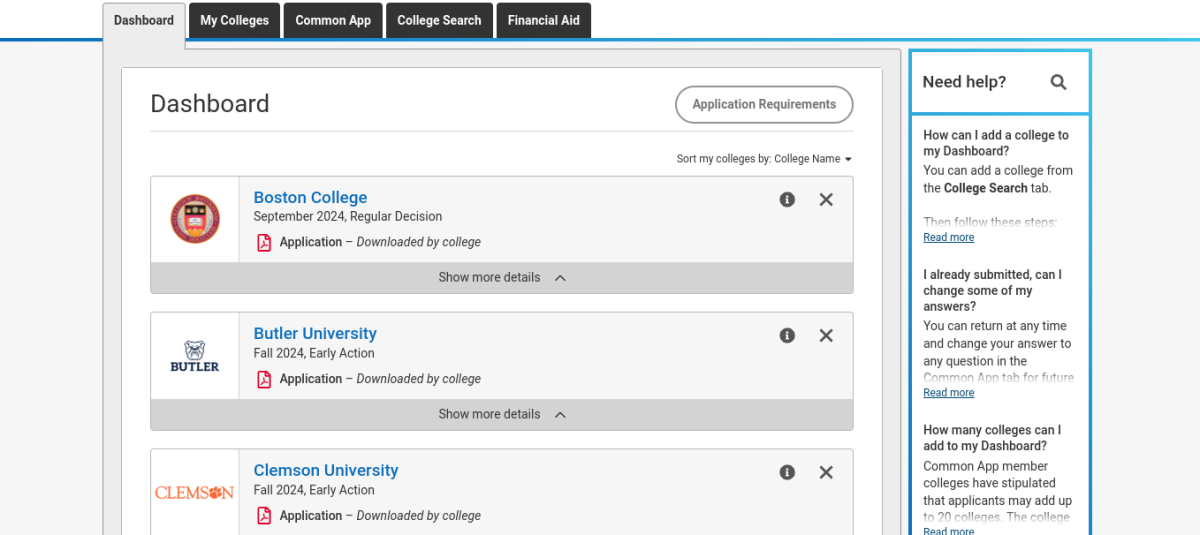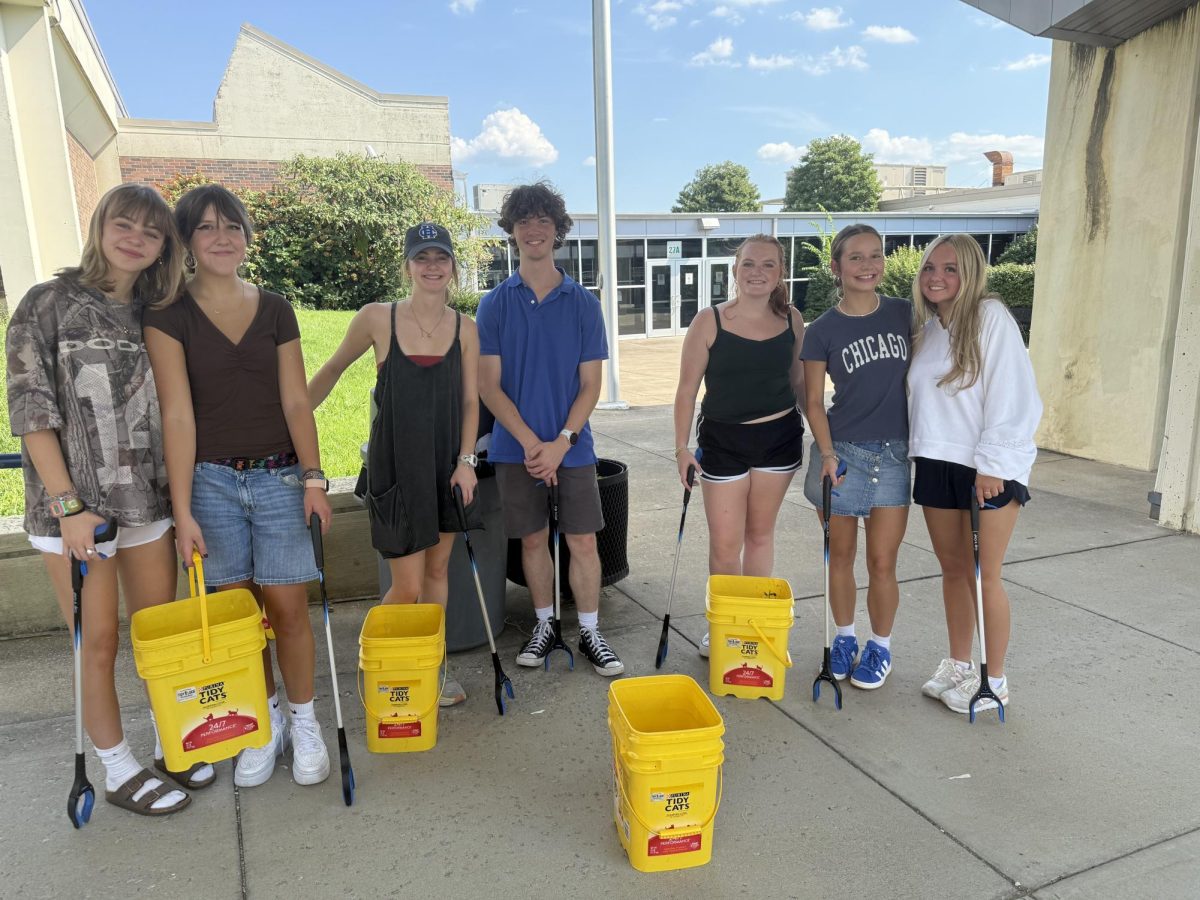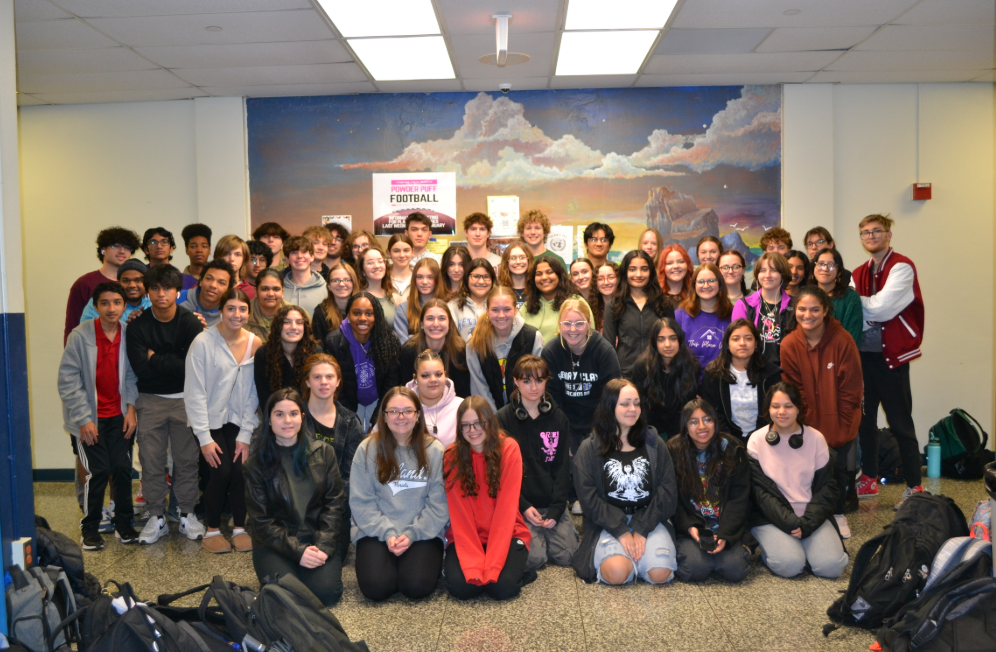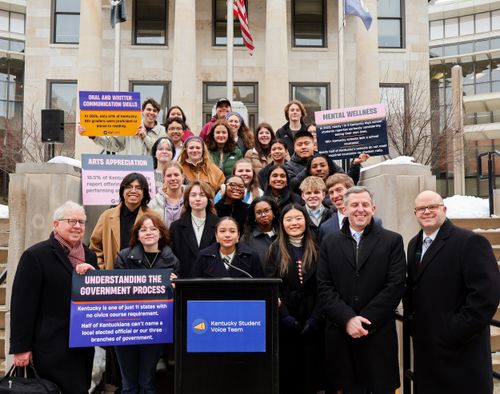Everyone knows that the college application process can be overwhelming— the list of essays, applications, separate applications, and recommendations seems never-ending. Every year, seniors complain about the burden of applying to college. But many underclassmen don’t learn what this process entails until they are seniors themselves, leading to possible stress, worry, and procrastination. Even in the months leading up to my senior year, I felt clueless about the application process I would soon be undergoing— and I know many of my peers did too. As a senior who has completed most of her college applications, here are my top five tips I wish I knew prior to my senior year.
- Don’t procrastinate: Starting early on college applications is important to reduce stress and cramming. Moreover, it’s crucial to set time aside for working on your applications, as deadlines can pile up and many colleges have different programs with separate applications or essays. I speak for myself and many of my peers when I say that the week before November 1st deadlines feels neverending. Managing your time wisely and planning ahead can reduce much stress and make this process easier. Many don’t realize that the Common App opens on August 1st, meaning that you can begin completing your applications before school even starts. It may feel unnecessary to start early, but many colleges have early action deadlines as soon as October 15th and their applications may require more work than you originally think.
- Essays should be personal: Whether you write about something valuable you learned, a show you love, or maybe something small that makes you happy, college essays are supposed to showcase a more personal side of applicants. Use this section of your application to showcase what makes you, you, behind your grades and accomplishments. Additionally, writing about your authentic self will likely be more enjoyable for you and improve the quality of your writing— you may even find it’s hard to stay within essay word limits when you make your essays personal.
- Apply for scholarships and financial aid: Filling out Financial Aid applications and researching scholarship opportunities can be daunting, but can open doors to collegiate opportunities that may have previously seemed unattainable. Pursuing these opportunities early on will reduce the financial burden of college, making your education more affordable and reducing financial stress. Additionally, it’s beneficial to stay on top of scholarship and financial aid deadlines, as applications may be due earlier in the year.
- Visit colleges: It’s important to be certain you want to attend the colleges you apply to and can imagine yourself as a student there. Visiting colleges in your junior year or the beginning of your senior year can give you significant insight on colleges’ environment, student life, and other factors you can’t find online. When visiting colleges, talking to students on campus is helpful, as this allows you to obtain a more personal touch of campus life.
- Don’t take it to the heart: While it’s easier said than done, know that everyone receives rejection letters from colleges. A college’s admissions decision does not represent your value and worth as a person. Admissions officers aim to create a balanced incoming class of students— rejection doesn’t necessarily mean judgment against you or your abilities. Don’t associate rejection with inadequacy, but instead regard it as an inherent aspect of the college application process.
Wherever your applications take you, remember that applying to and visiting colleges should be enjoyable, as you have the power to apply to institutions that interest you. Best of luck to all seniors currently applying to college and to all juniors who will be completing this process next school year!













